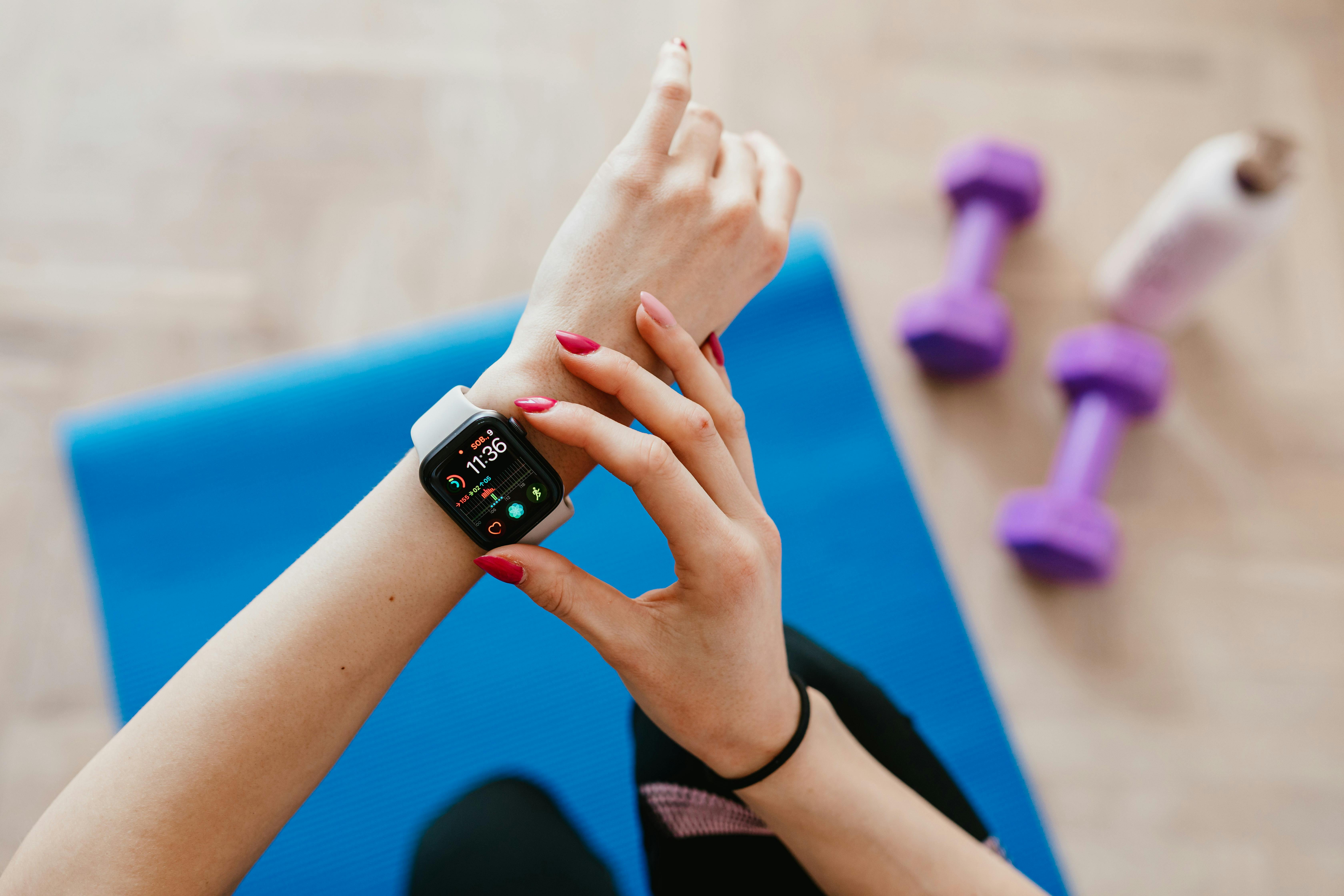Health & Lifestyle
Maintaining a healthy lifestyle is essential for living a long, fulfilling, and productive life. Health is not just the absence of disease but a holistic state of physical, mental, and social well-being. In this article, we will explore various aspects of health and lifestyle, offering practical tips and insights to help you improve your overall quality of life.
Physical Health
Physical health forms the foundation of overall well-being. It involves maintaining a strong body through regular exercise, proper nutrition, and adequate rest.
Nutrition
Good nutrition is the cornerstone of a healthy lifestyle. Eating the right balance of nutrients helps your body function optimally and prevents chronic illnesses.
Key Components of a Balanced Diet
- Proteins: Essential for building and repairing tissues. Sources include meat, fish, eggs, legumes, and dairy products.
- Carbohydrates: Provide energy for daily activities. Opt for whole grains, fruits, and vegetables.
- Fats: Necessary for hormone production and brain health. Choose healthy fats from nuts, seeds, avocados, and olive oil.
- Vitamins and Minerals: Vital for immunity and overall health. Eat a variety of fruits and vegetables to meet your daily requirements.
- Water: Hydration is critical for digestion, circulation, and temperature regulation. Drink at least 8 glasses a day.
Exercise and Fitness
Regular physical activity strengthens the heart, muscles, and bones, reduces stress, and improves mood.
Types of Exercise
- Cardiovascular Exercise: Activities like running, swimming, and cycling improve heart health.
- Strength Training: Lifting weights or using resistance bands helps build muscle mass and maintain bone density.
- Flexibility and Balance: Yoga, pilates, and stretching exercises enhance flexibility and prevent injuries.
Sleep and Recovery
Adequate sleep is crucial for physical and mental recovery. Adults should aim for 7-9 hours of sleep per night. Poor sleep can lead to fatigue, poor concentration, and an increased risk of chronic diseases.
Mental Health
Mental health is equally important as physical health. A balanced mind helps you cope with stress, build relationships, and make better decisions.
Stress Management
Chronic stress can negatively impact both mental and physical health. Managing stress effectively is key to maintaining a healthy lifestyle.
Stress-Relief Techniques
- Meditation and Mindfulness: Practices that help calm the mind and increase awareness of the present moment.
- Physical Activity: Exercise releases endorphins that act as natural stress relievers.
- Hobbies: Engaging in creative or recreational activities can provide mental relaxation.
- Social Support: Connecting with friends and family helps reduce feelings of isolation.
Healthy Habits for Mental Clarity
Maintaining mental clarity is vital for productivity and overall happiness. Consider adopting these habits:
- Practice daily gratitude.
- Limit screen time and digital distractions.
- Read and engage in continuous learning.
- Seek professional help if you experience persistent mental health issues.
Lifestyle Choices
Your daily lifestyle choices directly affect your health. Small, consistent decisions can lead to significant long-term benefits.
Time Management
Effective time management reduces stress and increases productivity. Prioritize tasks, set realistic goals, and schedule regular breaks to avoid burnout.
Healthy Relationships
Social connections play a significant role in health and well-being. Positive relationships can:
- Reduce stress and anxiety.
- Provide emotional support during challenging times.
- Encourage healthy behaviors.
Work-Life Balance
Balancing work and personal life is crucial for mental and physical health. Overworking can lead to exhaustion, decreased productivity, and strained relationships. Set boundaries and allocate time for relaxation, family, and hobbies.
Preventive Healthcare
Preventive healthcare is about taking proactive steps to maintain health and prevent illness.
Regular Check-Ups
Routine medical check-ups can detect potential health issues early. Depending on your age and risk factors, these may include:
- Blood pressure and cholesterol screening
- Diabetes testing
- Dental and eye exams
- Vaccinations and immunizations
Healthy Lifestyle Choices
Preventive measures also involve lifestyle choices such as:
- Quitting smoking and avoiding excessive alcohol consumption.
- Maintaining a balanced diet and regular exercise routine.
- Practicing safe behaviors to prevent accidents and injuries.
Holistic Health Approaches
Holistic health considers the entire person—body, mind, and spirit. Integrating holistic practices can enhance overall well-being.
Alternative Therapies
Some popular holistic approaches include:
- Acupuncture: Can help with pain management and stress relief.
- Aromatherapy: Uses essential oils to promote relaxation and mood improvement.
- Herbal Medicine: Natural remedies can support various bodily functions.
Meditation and Mind-Body Connection
Regular meditation strengthens the mind-body connection, promoting calmness, self-awareness, and resilience.
"Health is a state of complete harmony of the body, mind, and spirit." – B.K.S. Iyengar
Technology and Health
Modern technology has a significant impact on health and lifestyle, both positive and negative.
Fitness Apps and Wearables
Devices like smartwatches and fitness trackers help monitor physical activity, hear
Leave a comment
Your email address will not be published. Required fields are marked *


